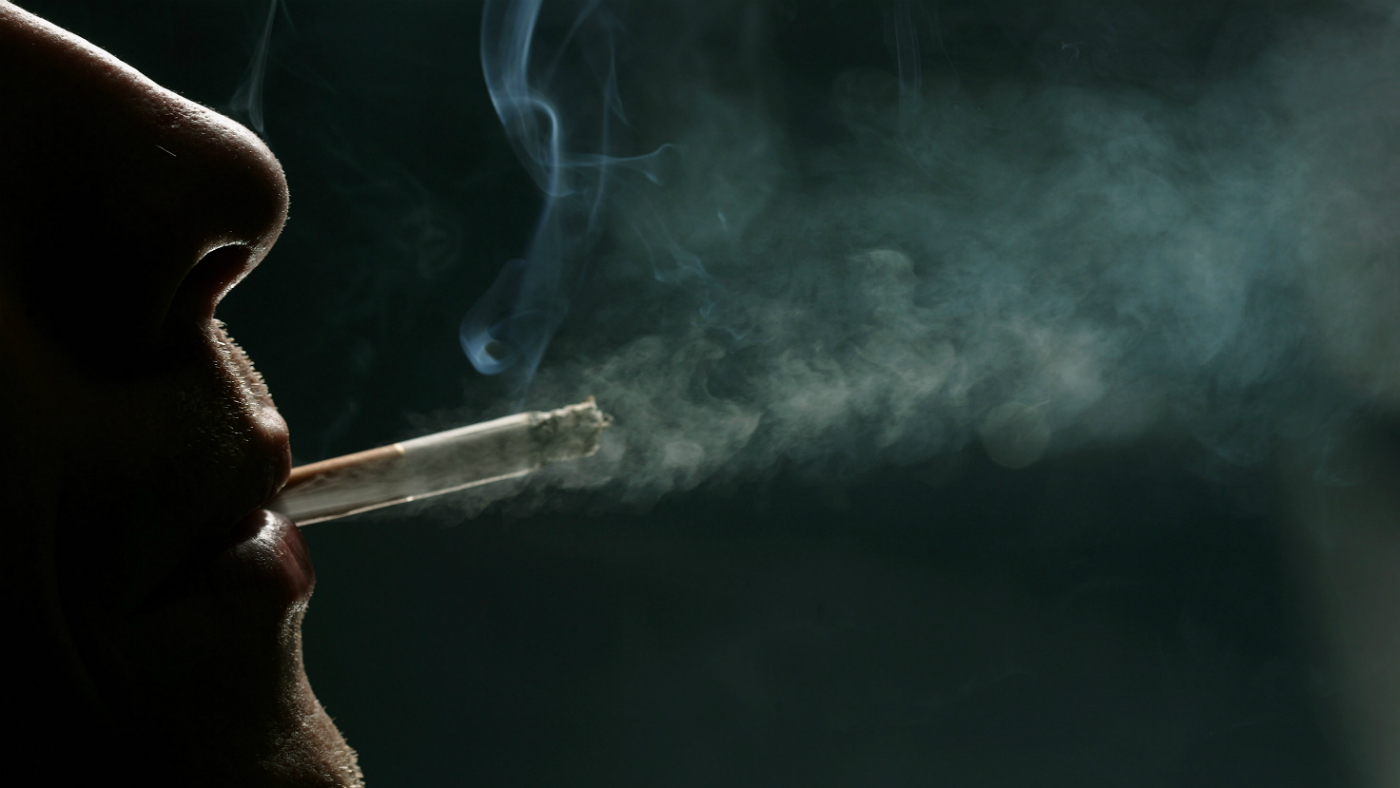What the new tobacco and cigarette packaging laws mean
Ten packs and smaller tobacco bags are out, while standard plain covers are in

A free daily email with the biggest news stories of the day – and the best features from TheWeek.com
You are now subscribed
Your newsletter sign-up was successful
New laws that standardise the appearance of tobacco packets and limit the range of products on offer come into force next month after a bid to halt the legislation was thrown out by the Supreme Court.
What was the Supreme Court ruling about?
Four tobacco giants took legal action in a last-ditch attempt to stop the introduction of mandatory plain packaging on cigarettes sold in the UK.
The Week
Escape your echo chamber. Get the facts behind the news, plus analysis from multiple perspectives.

Sign up for The Week's Free Newsletters
From our morning news briefing to a weekly Good News Newsletter, get the best of The Week delivered directly to your inbox.
From our morning news briefing to a weekly Good News Newsletter, get the best of The Week delivered directly to your inbox.
They argued the law would infringe their human and intellectual property rights by making their products indistinguishable. In addition, they also questioned evidence that plain packaging would deter smokers.
However, Judge Nicholas Green, who heard the original application for a judicial review of the 2015 legislation, ruled the regulations "were lawful when they were promulgated by parliament and they are lawful now in the light of the most up-to-date evidence".
What happens on 21 May?
All cigarette packets will come in a single shade of "opaque couche" - a muddy green which The Sun describes as "the world's ugliest colour".
A free daily email with the biggest news stories of the day – and the best features from TheWeek.com
Brand names will be written in a standard font, size and location on the pack, while health warnings will cover at least 65 per cent of the box or packet. They can also no longer carry words such as "lite", "natural" or "organic" and menthol cigarettes will be phased out completely by 2020.
Smokers will additionally not be able to buy smaller packs of cigarettes or rolling tobacco. Packets of ten are being axed, as are 10g (a third of an ounce) and 20g packs (0.7oz) of rolling tobacco.
Amanda Sanford, spokeswoman for Action on Smoking and Health (Ash), told the Liverpool Echo that banning smaller packers was intended to deter younger smokers who are more likely to buy them because they are cheaper.
Technically, the law came into force on 20 May 2016, but tobacco companies were given a 12-month period to standardise packaging and dispose of old stock. From 21 May this year, anyone breaking the new rules faces strict penalties.
Is this a good move?
Health Secretary Jeremy Hunt said standardised packaging "will cut smoking rates and reduce suffering, disease and avoidable deaths", while government chief medical officer Dame Sally Davies says she was "thrilled" the tobacco industry was not allowed to appeal.
However, smokers rights group Forest said the new rules "treat adults like children and teenagers like idiots".
Is the UK the first country to do this?
No. Australia led the way with a law that meant tobacco products on sale after 1 December 2012 had to carry plain packaging and French packaging legislation came into effect at the start of 2017. Similar laws in Ireland, Hungary and New Zealand have not yet been rolled out.
-
 Trump’s fuel blockade puts Cuba in crisis mode
Trump’s fuel blockade puts Cuba in crisis modeIN THE SPOTLIGHT Plummeting tourism, scrambling airlines and rolling blackouts are pushing Cuban society to the brink
-
 ‘The mark’s significance is psychological, if that’
‘The mark’s significance is psychological, if that’Instant Opinion Opinion, comment and editorials of the day
-
 How did ‘wine moms’ become the face of anti-ICE protests?
How did ‘wine moms’ become the face of anti-ICE protests?Today’s Big Question Women lead the resistance to Trump’s deportations
-
 Smoking ban: the return of the nanny state?
Smoking ban: the return of the nanny state?Talking Point Starmer's plan to revive Sunak-era war on tobacco has struck an unsettling chord even with some non-smokers
-
 Car smoking ban comes into force: what you need to know
Car smoking ban comes into force: what you need to knowIn Depth From today, drivers and passengers caught lighting up with children in the car face a £50 fine